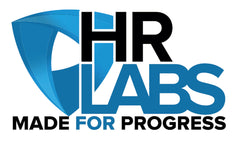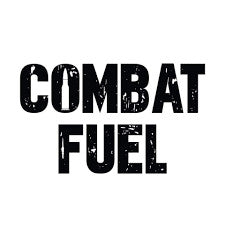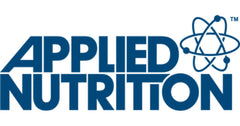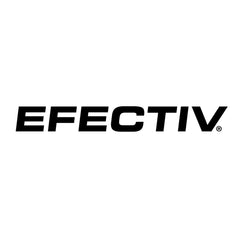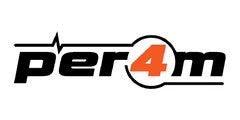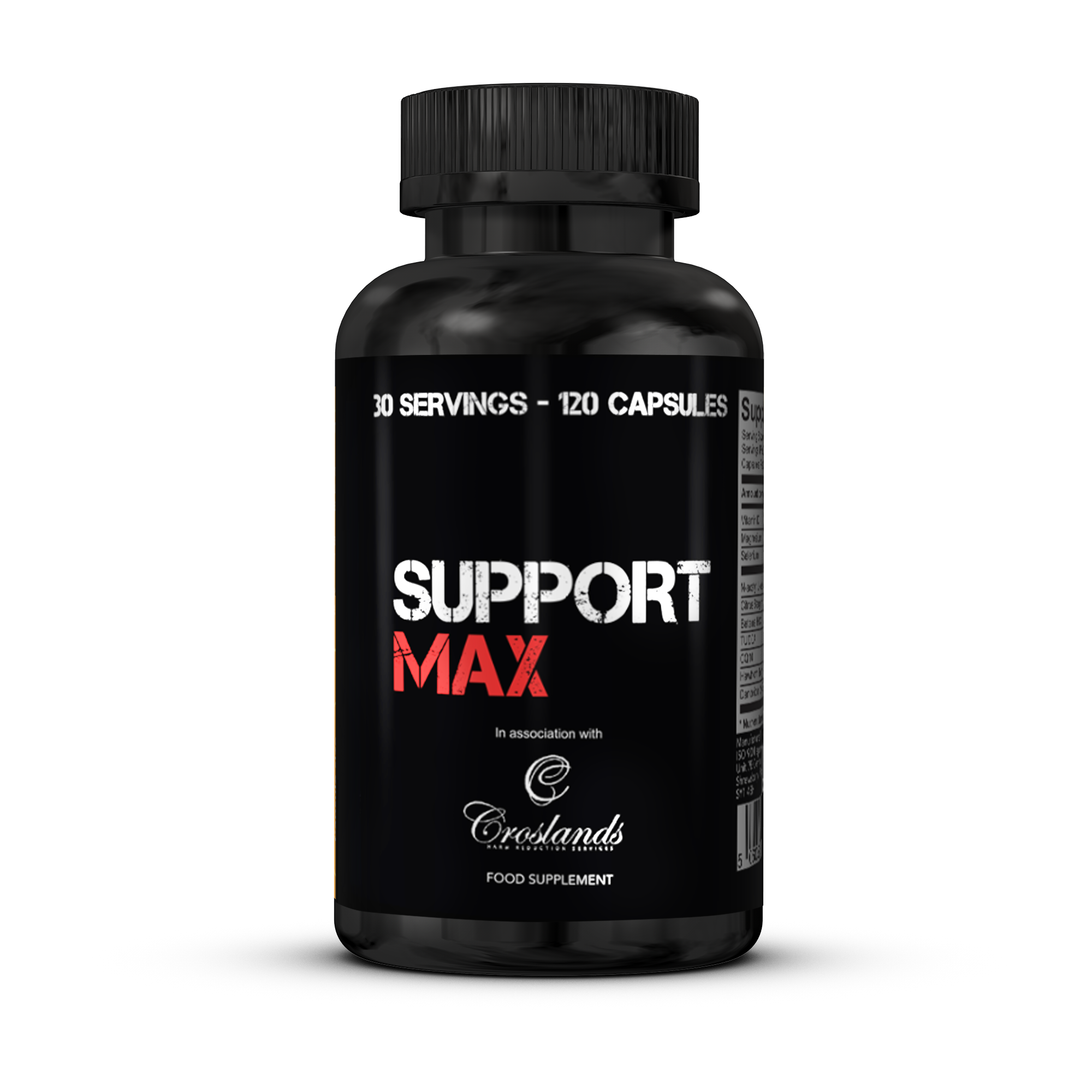WHAT BODYBUILDERS COULD LEARN FROM POWERLIFTERS (AND VICE VERSA)
Those of you who know me will probably know me as a powerlifter, but prior to taking up powerlifting in 2014, I trained and competed as a bodybuilder for eight years. Admittedly, I never competed at the highest level in bodybuilding, and I certainly left the sport a long way from achieving my goals, but during the period of time when I took to the stage once a year wearing nothing but a false tan, some sparkly trunks and a coating of oil, I fully immersed myself in my passion--eating, breathing and sleeping bodybuilding for those eight years and taking every opportunity along the way to learn more where I could. The same is true of powerlifting, and during the time I’ve been involved in the sport, I’ve been able to look back and reflect on what aspects of powerlifting I perhaps could have implemented in my bodybuilding regime had I been privy to the knowledge I have now back then. And of course, I have also taken the opportunity to observe the status quo within the powerlifting community, wondering how much better and/or healthier we could be if we took some advice from our more aesthetically pleasing counterparts. For this reason, I have decided to compile a short list of lessons which I feel bodybuilders could take from powerlifters, and another short list of lessons which powerlifters could take from bodybuilders. It goes without saying that the words of advice in the first list are not suited to every powerlifter and the words of advice in the second list are not suited to every bodybuilder--everyone is different--the following are simply general guidelines which I feel the typical powerlifter and typical bodybuilder could each use to improve their game.
LESSONS FROM BODYBUILDING, FOR POWERLIFTERS

DO SOME CARDIO!
It is now commonplace to see the biggest, strongest, most ripped bodybuilders doing cardio, even in the off-season (the growing phase), and I hate to break it to you, powerlifters, but many of these guys and girls would kick your arse in a powerlifting meet! So please tell me again how doing cardio “kills your gains” or how it “interferes with recovery.”
The truth is, in moderate amounts, a cardiovascular exercise regime undertaken by a powerlifter will: increase work capacity, improve recovery in between sets, improve recovery in between sessions (when done at the appropriate intensity), and even provide time to get out in nature and work on one’s mental game.
My recommendation for a powerlifter who desires to add in some cardio is simply: start with two or three thirty-minute sessions per week on non-training days. These sessions should be done in what is known as “heart rate zone 2” which can be automatically calculated using a chest strap heart rate monitor and an app on your phone, but if you do not have access to a chest strap, a fast-paced walk is an ideal pace for most.
Many of us, especially the younger lifters amongst us, scoff at the thought of doing cardio as a powerlifter and sometimes see it as a bit of a joke, but as human beings, we are meant to walk and run around as part of our daily lives, we’re not meant to be sedentary. If we neglect any form of cardiovascular exercise, this truth can eventually make itself apparent in the form of health complications, a diminished quality of life, and even early death, so please take this into consideration before the next time you wear your inability to walk up a flight of stairs as a badge of honour.
GET LEANER
To make my point here, I could, again, use the example of the plethora of bodybuilders who walk around at sub-twelve-percent body fat year-round and are still stronger than most powerlifters, but we don’t even have to look that far! Just take a look at the leading athletes across most of the weight classes in our sport--save for the super-heavyweights, the majority of the best lifters in the world are relatively lean and jacked!
To be clear, I do not believe the problem here is that lifters do not have six-pack abs. I believe the problem is that there are far too many lifters making huge sacrifices to their health, both physical and mental, by achieving obscene body weights because they’ve been told that “mass moves mass.” Now, while gaining body weight certainly is a method of adding kilos to one’s total, there needs to be a point at which you ask yourself, “Is this excess weight warranted?” If you’re at the point where you’re well into the super-heavyweight category and your total shows absolutely no signs of ever being competitive in that class, the answer may well be no.
If you’re a lifter who has let him or herself pile on the pounds in the pursuit of a bigger total and is now regretting it, why not use your next “off-season” or post-competition phase to implement a controlled eating plan, a higher training volume and some of the aforementioned cardio, to move yourself into a calorie deficit and begin to turn yourself into a leaner, healthier lifter who is just as strong in the long run.

BE DEDICATED
One aspect of their daily regime in which bodybuilders clearly outshine powerlifters is their ability to be consistent and hard-working in their chosen endeavour. Again, powerlifters, I hate to say it, but the bodybuilders are outworking you!
The particular element of our lifestyles which I think this applies to is nutrition. In their off seasons (which I think is the most appropriate phase of a bodybuilder’s yearly schedule for a powerlifter to try to emulate), bodybuilders tend to have predetermined daily eating plans featuring micronutrient-rich foods, the appropriate amount of calories to reach their goals and an adequate amount of protein at least four times per day.
Powerlifters, on the other hand, seem to switch off as soon as they leave the gym, not realising that consuming protein at regular intervals will lead to better recovery and muscle building, and that the amount of total calories consumed is not the be all and end all--the source from which those calories come can have significant effects on your progress and general wellbeing.
LESSONS FROM POWERLIFTING, TO BODYBUILDERS

DITCH THE FANCY ISOLATION EXERCISES
One thing that I’ve learned since I started powerlifting and gradually transitioned to training almost solely with a barbell and without isolation movements is that this is a perfectly valid method of building a physique. Since I transitioned away (for the most part) from machines, cables and intricate isolation work such as side lateral raises, I can honestly say that I haven’t lost any muscle at all, and if anything, I am now more muscular than I was when I was bodybuilding; it would actually be quite interesting to see what I’d end up with if I were to strip down for a competition again, but let’s move on before I start getting ideas…
One absolutely fantastic thing about the main compound exercises (squat, bench, deadlift, overhead press) is that, when you get stronger on those, you seem to get much stronger on all machine and isolation work too. So just think of the amount of progressive overload you’d be able to achieve should you perform a couple of barbell-only strength training cycles per year--not only would your main compound lifts go up, but so would your dumbbell presses, leg presses, rows, almost everything. And what does that translate to? Yep, more muscle.
Of course, if you have a weak bodypart, you are likely to benefit from performing an isolation movement on it in each session you do, just to put enough stress on that muscle to force it to adapt, but as a general rule, you’ll find that the heavy compound movements are what hold the key to unlocking your strength and size potential.
ACTUALLY HAVE AN OFF SEASON
As aforementioned, if there’s anything powerlifters are famed for, it’s being fat. The very mention of getting fat is enough to strike fear into the hearts of most bodybuilders, especially the new generation. However, I personally feel that these days, there are some bodybuilders, physique guys and other muscle competitors who would benefit from not trying to stay in shape all year round.
See, the problem with being afraid to put any fat whatsoever on is that you run the risk of not being in a caloric surplus in your off season, and in case you’ve forgotten, the off season is the time to grow! The name of the game is bodybuilding, not bodymaintaining. So don’t be afraid to let your vanity take a backseat for a short time while you actually make some progress--you can always diet the fat off, it’s not permanent!
Another benefit to being a little heavier in the off season is that you’ll be able to train a bit heavier--again, doing the same workouts but with heavier weights equals more muscle!
GET THE TECHNIQUE RIGHT
“Not everyone is built to be able to squat.” Where the bloody hell did this come from?
I’ve heard this spouted by experienced bodybuilders again and again, and to me, it just seems like an excuse, not necessarily an excuse to avoid doing the hard work of squatting, but an excuse to avoid learning how to perform a squat properly for your body type. It may involve learning how to brace properly, it may involve wearing a heeled shoe rather than wearing flats, it may involve moving your stance in or out, it may involve using an SSB rather than a regular bar, but the chances are that if you were to just seek out the correct coaching, you’d be able to reap the benefits of this big compound exercise a lot better than you thought you could.
The same goes for the bench press. Bodybuilders and gym rats complain all the time about how benching hurts their shoulders or tears their pecs, and while this can be true even with the best possible technique, I’d be willing to bet that if some of these same people were to try just tucking their shoulders back and down and employing a little bit of a powerlifting style “arch,” they’d be surprised at just how safe and pain-free benching can be, and they wouldn’t have to carry on doing those God-awful half reps all the time to “avoid injury.”
As for deadlifts, well, this has become an almost forgotten exercise amongst some bodybuilders and physique athletes, often replaced instead by the rack pull--an exercise which, in my opinion, works more egos and bends more perfectly good bars than it does build backs. Now, if the rack-pulling bodybuilder in question were to invest his or her time in learning how to deadlift from the floor (or even from a low block) with proper bracing and a neutral spine, he or she would surely see the benefits of deadlifting, presented to them in the form of greater strength increases, more muscle stimulated, and of course, less poor, innocent bars rendered unusable.

Written by
Alexander Clarke
Powerlifter
Owner of British Strength Magazine
BSc (Hons) Applied Sports Science
Best powerlifting numbers:
Squat: 337.5kg (raw with wraps)
Bench: 227.5kg (raw)
Deadlift: 385kg (raw)
Best bodybuilding results:
2008 UKBFF British Finals: 4th (Juniors)
2011 UKBFF British Finals: 5th (Heavyweight Intermediates)






